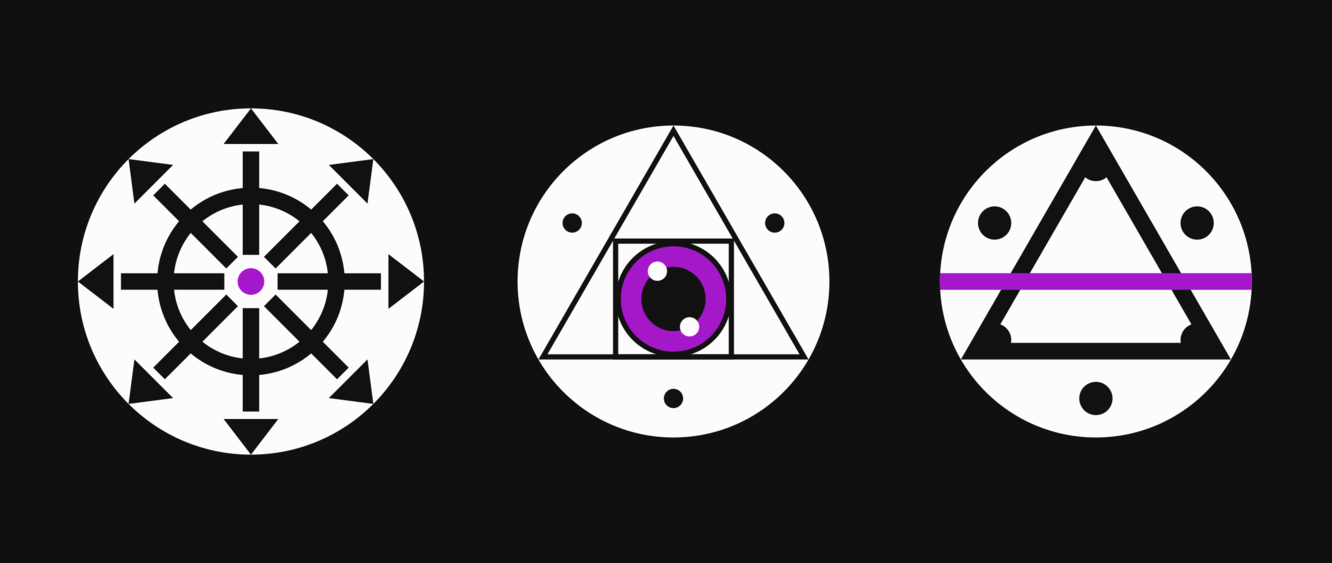
Call me an Enterprise Java Programmer or whatever but I really like method and variable names that say exactly what they are rather then saving characters.
`let routing_context = bla bla; routing_context.get_route()` is just so much quicker for me to grock than `let rc = bla bla; rc.get_route()`. Then again I guess the intellisense stuff would be popping up the type for folks for the shortnames?
In my opinion, every government, public entity, association, foundation, etc., that needs to communicate with the public should have its own communication channel, with full control over its data and the messages it delivers. When I read “my Discord server,” I feel like responding “there’s nothing ‘yours’ about it - tomorrow morning they could shut everything down, and you would have lost EVERYTHING.”. Own your data!
Sometimes, I read that instances are not opened because of “costs not balanced by the number of users.” But even public television channels are often economically unprofitable, yet they are considered an essential service for public communication. Open, decentralized technologies that ensure control over one’s data should be treated the same way.
What I really want from technology these days is passivity. Physical buttons, and PASSIVITY.
No guessing, no anticipating, no predicting.
No autofill, no autocorrect, no autodrive and PLEASE God no autoplay.
Just be inert until acted upon!
Listening to Bill Jobs, fixin bugs and adding network outage recovery.
Minecraft but i survive in PARKOUR CIVILIZATION
Thinking about, if someone were to try to teach "Minecraft but i survive in PARKOUR CIVILIZATION" , the basically thirty pages of explanation that would be needed to make it make sense. It's so rooted in a cultural context… all the Minecraft mechanics you need to understand. Familiarity with the "Prison Server" concept. Enough knowledge of present day serialized media to recognize the video you're watching is stitched together out of shorter videos…
The project itself has been a team effort and I'm thankful for help from my teammates at Hypha + various folks on the interwebs. Hopefully we can stabilize and document this stuff this month so we can show a full demo.
It's been a bit of a journey learning #rust and #veilid and #iroh but these last few functions were very satisfying to write. This code triggers a download of an Iroh-blobs based file from it's hash by establishing tunnels to peers in a group using a multiplexer I built using Veilid AppMessages over private routes. The code to get here was hella messy but these functions felt pretty elegant.
Disclaimer: I often wave at #dogs when they are being taken for a walk. Not the owners.
Hermes3:8b my beloved managed to actually generate a single calculator app and apply a basic update. 🤪 Sadly I have to choose between it and running 1 web app (element.io) or vscode due to only having 12 GB of ram. 😰
Tried getting https://aider.chat/ to generate a commit message using gemma2:2b and it was grossly verbose with loads of useless text.
Might be worth it to try different models to see which ones suck the least.
- Pronouns
- they/them/it
- mauve+fedi@mauve.moe
- Matrix
- @mauve:mauve.moe
- Github/Gitlab/Discord
- @RangerMauve
Occult Enby that's making local-first software with peer to peer protocols, mesh networks, and the web.
Yap with me and send me cool links relating to my interests. 👍
